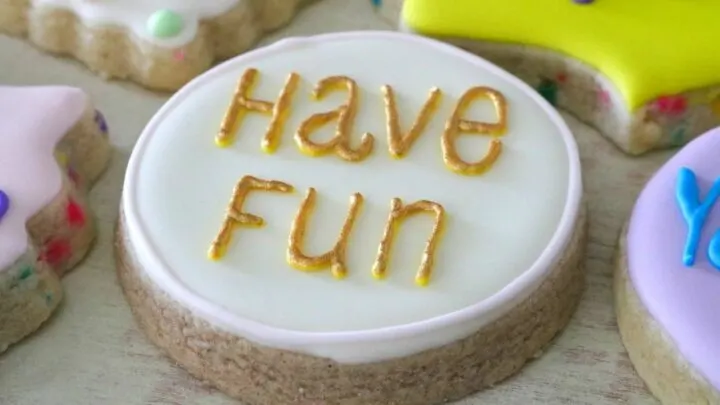Sometimes, you might see a word used in two different ways and wonder what the difference is.
This could be the case with the word “fun,” which you may have seen as part of the phrases “have fun” and “have a fun.” What is that “a” doing in there, and when do you need it?
Is one version of the phrase correct and the other wrong, or are they used in different ways? Or are they both correct, as is the case with traveling for business vs. traveling on business?
Keep reading to find out the answer!
Is it “Have fun” or “Have a fun”?
You would use “have fun” as a standalone expression when you want to tell someone to have a good time. You would use “Have a fun” when a noun follows and is modified by “fun” such as in “Have a fun time.” Just saying “Have a fun” is simply wrong and is not grammatical.
How is “have fun” different from “have a fun”?
The main difference in “have fun” and “have a fun” is that “fun” is a noun in the first construction and an adjective in the second construction.
This is why “have fun” can stand alone while “have a fun” needs to be followed by a noun that “fun” modifies.
You probably know that a noun is a person, a place or a thing. In the first construction, “have fun,” “fun” is a noun that describes an abstract idea.
Examples of other nouns that describe abstract ideas are hope, peace and love.
An adjective is used to describe something, so the phrase “have a fun” is missing the noun that the adjective “fun” is describing. For example, “have a fun time” is a common use of this phrase.
One way in which “fun” is a little bit different from many other noun and adjective pairs is that usually, the ending of the noun changes to make it into an adjective.
For example, two of the abstract nouns mentioned above, “hope” and “peace,” would become “hopeful” and “peaceful” as adjectives. “Hope” could also become “hopeless” to mean the opposite.
“Love” needs an ending as well to become an adjective, such as “loving,” “lovable” or “loveless.”
In contrast, “fun” looks the same whether it is a noun or an adjective. That means you have to look a little more closely at the sentence to make sure it’s being used correctly.
Here are a couple of examples of other words that are the same whether they are nouns of adjectives. In the first sentence of the pairs below, the noun form is used, and in the second sentence, the adjective.
She has a cold.
This is a cold house.
I ate an orange.
He is wearing an orange shirt.
However, notice that in these two examples, the noun and the adjective have different meanings.
“Fun” is a little bit more unusual. Not only is it a word that doesn’t change its form from noun to adjective, but it also means the same thing whether it is used as a noun or an adjective.
Examples of “have fun” and “have a fun” used in a sentence
To better understand how “fun” can be used as either a noun or an adjective, it can be helpful to look at some examples.
Bob: “Have fun!”
Jose: “Yes, have a fun break!”
Notice that in the sentence spoken by Jose, “fun” is an adjective that modifies the noun “break.”
Here are some more examples. Remember that when “fun” stands on its own, in “have fun,” it’s a noun, and when it’s part of the construction “have a fun,” it’s an adjective:
Notice that these phrases can also be used as part of longer sentences:
Have a fun karaoke night!</div

Hey fellow Linguaholics! It’s me, Marcel. I am the proud owner of linguaholic.com. Languages have always been my passion and I have studied Linguistics, Computational Linguistics and Sinology at the University of Zurich. It is my utmost pleasure to share with all of you guys what I know about languages and linguistics in general.

